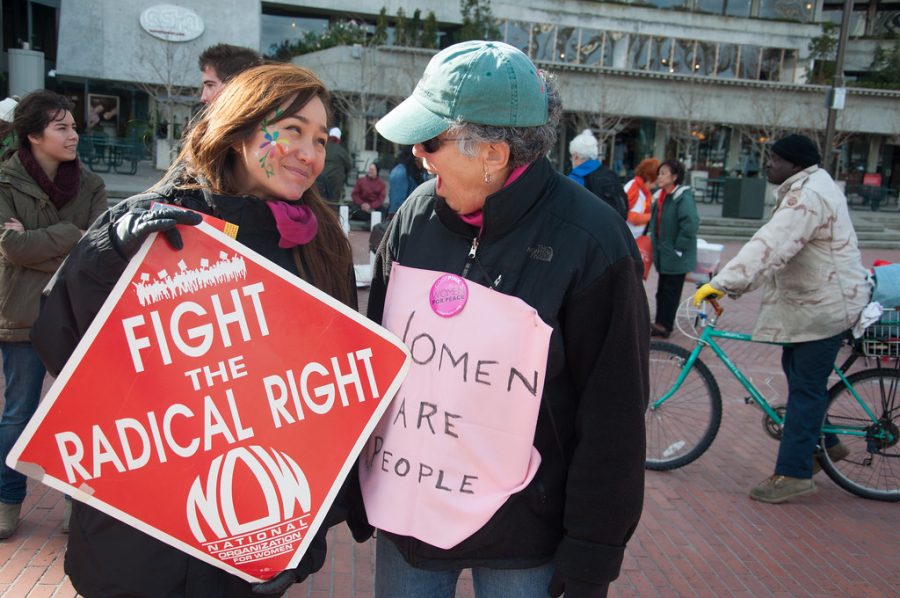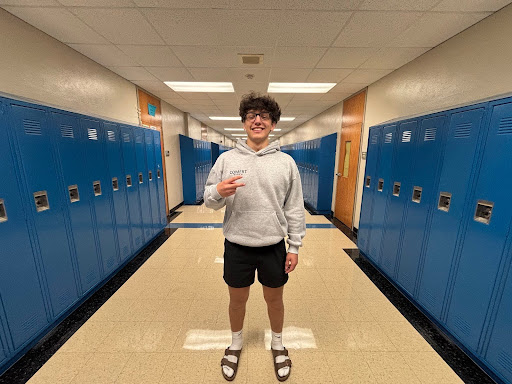Will the next generation have fewer rights than us?
As soon as news broke about the possible Roe v Wade overturn, protestors gathered from all across the nation
May 13, 2022
Earlier this month, Politico released a leaked draft of a Supreme Court opinion that would result in overturning the 1973 landmark case of Roe v. Wade, which has stood to protect a woman’s choice of abortion. For 49 years this case has stood for women of all ages and their right to bodily privacy and now this right is on the line.
Though an official decision has not been made, those who are against abortion see this as a highly valued win that they have eagerly been fighting to overturn. While the idea of outlawing abortions runs rampant in the mind of many pro-lifers, many women across the nation fear what ban could be put on their bodies next. One of the most prominent concerns that sit in the back of worrying minds is what this overturn means not just for abortions, but for other forms of birth control and other human rights as well.
According to NPR regarding a statement by human rights activist and Amnesty International’s secretary-general Agnès Callamard, “The move would damage the global perception of the United States. It would also set a terrible example that other governments and anti-rights groups could seize upon around the world in a bid to deny the rights of women, girls and other people who can become pregnant,” she said.
One might be confused about how the Supreme Court came to a consensus on this decision. The thought of overturning such a liberating and progressive court case is not only shocking, but a huge step back for this country and for the thousands of women who have fought for decades to achieve these goals. How does a Supreme Court based on the principles of life, liberty and the pursuit of happiness even think to consider reversing such a monumental standing in a person’s right to make their own private medical decisions?
According to The Guardian, “If the draft becomes the real opinion, all of those issues – contraception, consensual sex and marriage rights – certainly are all at risk,” said Priscilla Smith, lecturer on law and reproductive justice at Yale Law School.
Like any form of contraception, condoms included, not everything is 100% effective. The possibility of getting pregnant is always going to be there no matter what precautions a person takes. Teaching Abstinence is not an effective way to stop pregnancies.
According to The Washington Post, “U.S. Solicitor General Elizabeth B. Prelogar pointed out, “about half the women who have unplanned pregnancies were on contraceptives” when they got pregnant. While contraception reduces the chance of pregnancy, it is not a foolproof alternative to abortion.”
So, although contraceptives are a vital component of sexual health, they do not entirely eliminate the need to access abortions. People’s bodies are once again held up in the air for political debate without concern for the individual’s well-being or privacy. Rather than a fight for life, this is a restriction of rights and just another way to keep this issue controversial. Endless debates on ethics and morals have done nothing to solve the real issue. Do your part and speak out against sexist and unjust laws. Protect our people before the next generation has fewer rights than us.









